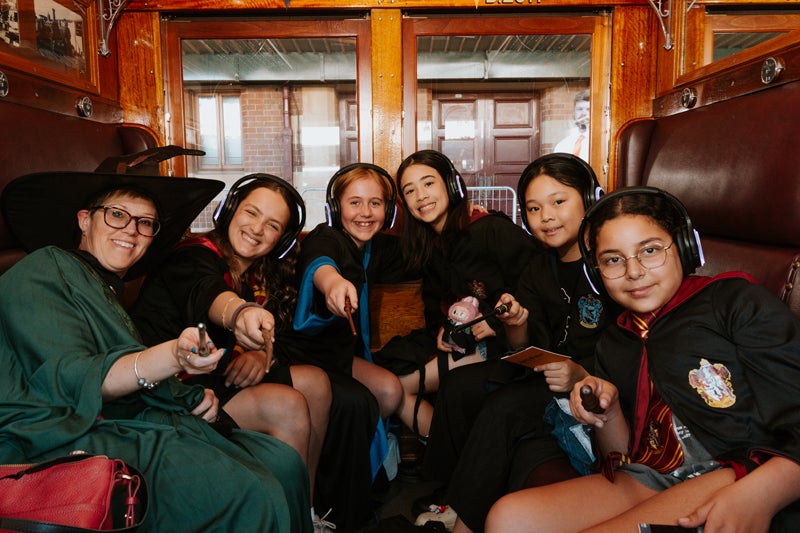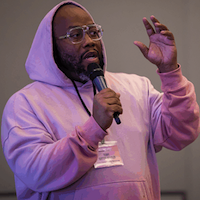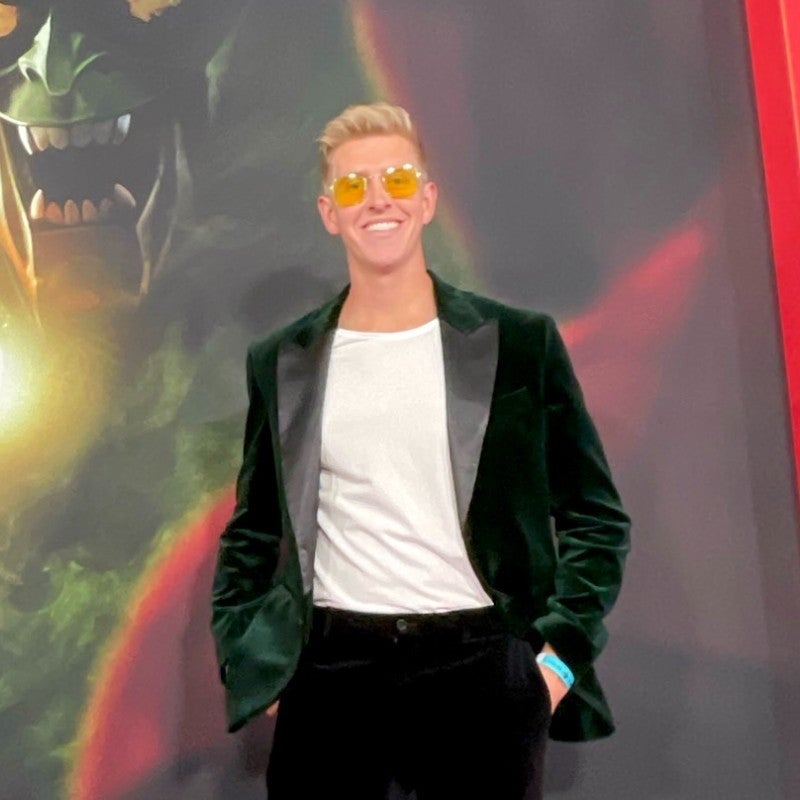(Direct) This year the oldest of the baby boomers turned 60. In recognition of this potential market, health insurance firm Humana Inc. is setting up a call center in Tampa Bay, FL to deal expressly with its growing Medicare business.
The company is hiring 200 additional associates for the new 55,000-square-foot facility, which should be ready to accept calls by Nov. 1. (In truth, baby boomers, the oldest of whom were born in 1945, will have to wait a few years before calling in. For most people, Medicare eligibility starts at 65.)
When the phone room is complete, Humana will employ 725 individuals in Tampa within it and another site. The call center will provide customer service for its Medicare benefit plans and senior products, and will have staff available to answer billing and enrollment questions. It will not be used for outbound efforts, according to Natalie Gaunce, director of call center operations for the Louisville, KY insurer.
Unlike the general consumer market, this audience has special needs. The training program for phone reps lasts six weeks, and includes a session on “Senior Sensitivity.”
Some of the differences are subtle. For instance, good phone manner is a necessity in any call center. But with this particular audience, how reps speak, how loud or soft their voices are, and their overall communication style is more important than in markets that reflect a broader cross-section of customers.
A key question during training is whether the potential employee has any understanding of what it means to be in Medicare’s target age group.
“Ninety-nine percent say no,” says Gaunce, but the question gives them a chance to think about family members in the age range, or at least consider the market they’ll be dealing with. It also allows trainers to see how potential employees react to the question—with empathy or nonchalance, for instance.
Humana didn’t create its training program blindly. Since May, the company has been working with AARP, which in turn has reviewed its training curriculum.
Another significant difference regarding how calls will be handled in this contact center is that reps will not be judged by how quickly they can get callers off the line. Firms that serve senior audiences—especially those related to the medical professions—often attract their share of lonely people who are just looking for contact.
These customers won’t be brushed off, says Gaunce. Instead, reps will be trained to be courteous, and to consider such conversations as extensions of the business relationship, provided there is some direction to the conversation and it pertains to Humana’s services or offerings.
So how will Humana evaluate its reps’ productivity? Through performance metrics other than speed or number of calls processed. “If [phone reps] are confident that callers are where they need to be at the end of a call, we’re happy,” says Gaunce.
Not that Humana leaves that up to chance. A random sample of calls aren’t disconnected from the system, but instead are given the opportunity to voice an opinion about the call’s quality: Whether their issue was resolved in a timely manner, or if a follow-up call was required.
One area that phone reps can’t explore during calls is actual medical treatment, no matter how much callers press for it. They can’t even recommend one physician over another. All they can do—all they should do—is explain the benefits of their services.
There are other departures from the call-center norm. Humana has consolidated the options on its phone trees, preferring to offer fewer choices at each stage and adding a few more steps, rather than presenting callers with a number of selections right away.
Additionally, in many centers a rep can suggest that a caller search for more information online, either with the rep’s live help or after the call is completed. But while the senior market is becoming increasingly wired, comfort with the online channel is not nearly as ubiquitous as it is among younger generations—including those serving as Humana phone reps.
The new center reflects Humana’s goal of doubling its Medicare coverage’s geographic reach. The company provides such insurance in 25 states and expects to boost that to 46 next year.
Florida is a logical focus for such expansion. The company offers many health insurance services and benefits to its 7 million members. Of the 470,000 Medicare clients it serves, 240,000 live in Florida, making Humana the state’s largest private Medicare provider. In fact, the company serves 64,000 Medicare customers in Tampa Bay alone.





